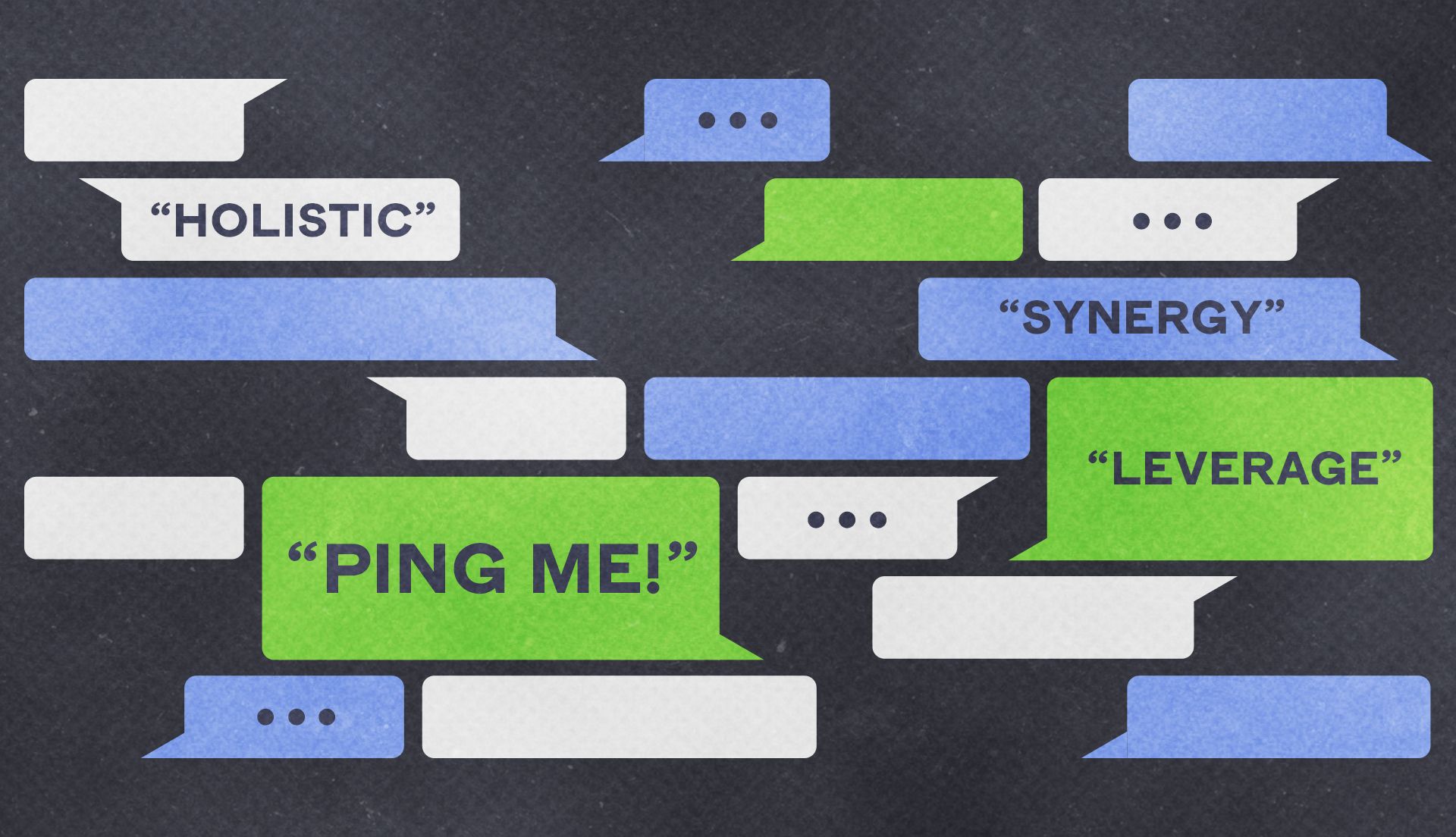"If we learned these skills and competencies, we would have better families, better communities, better organizations — dare I dream, maybe a better government," said author and startup specialist Carole Robin of her celebrated Interpersonal Dynamics course.
Carole joined Chief Members to lead a workshop that broke down some of the most salient takeaways from her popular Stanford course more affectionately known as the "Touchy Feely" class, which can also be found in her recently released book, Connect: Building Exceptional Relationships with Family, Friends and Colleagues. "It turns out that being interpersonally competent is a determinant of not just professional success, but also personal success," Carole explained. Read on for tips on how to harness the power of reciprocity in a variety of interpersonal relationships.
Identify Your "Zone of Learning"
Although the goal of Carole's tips and tactics is to increase your influence, it's probably not a good idea to immediately try them out on someone you have an especially contentious relationship with. "The book is about how to build exceptional relationships, but you don't get to exceptional without first passing functional," Carole advised. "In an exceptional relationship, you can both be more fully yourself and more vulnerable. You can trust that disclosures won't be used against you; you can deal with conflict productively; and you're both committed to each other's learning and development."
Of course, opening up to others in any capacity comes with inherent risks. Classifying our deepest, most personal disclosures as existing within a "danger zone" and the things we're happy to share as our "comfort zone," Carole encouraged members to think of a middle ground between the two as being the "zone of learning."
"If you always step 15% outside your comfort zone when disclosing something, it's not going to be the end of the world," Carole said. "If you have a good outcome, then you get to step 15% beyond that, because your comfort zone redraws itself."
Curiosity Is Key
"An essential component of building a relationship is being curious," Carole said. "Genuine curiosity is impossible unless you suspend judgment." As such, truly connecting with another person requires us to put aside the narratives about them that we've already constructed in our heads and ask questions instead. Still, as Carole put it, "not all questions are created equal." Aim for open-ended questions that lead to more than a yes or no response and don't communicate any assumptions (e.g., "Don't you think you're overreacting?").
Carole noted that questions that begin with the word 'why' can sometimes "carry an implicit request for justification," as in the case of asking someone, "Why are you so upset?" Pointing out that the core of what we should be focusing on is feelings and emotions, she said, "'Why' questions do not drive us down into our heart. They drive us up into our head."
Don't Assume Intent
Whenever two people interact, there are three elements to grapple with: the intent of one person's actions, the action itself, and the impact it has on the other person. The second "is the only reality they both share," Carole said, and as a result, it's necessary to "stay on your side of the net" when sharing feedback about any particular interaction. If you're in the position of describing the impact someone else's actions had on you, be sure not to assume anything about their intent within your critique.
Give and Take Wisely
"To really understand influence, we have to talk about the law of reciprocity and exchange. All interpersonal behavior involves an exchange," Carole said. "Exchange is the universal and basic law of organizations. It starts with an honest day's pay for an honest day's work, but if I go the extra mile, I get rewarded."
Comparing this foundation of human relationships to karma, she advised to consider doing something for someone else as they're likely to reciprocate. She encouraged members to think about these exchanges as currencies changing hands, but to expand the concept of currency beyond money. "You might imagine that a currency for somebody who works in finance is different than the currency for somebody who works in sales. Currencies could be things like recognition, advancement, or opportunities for learning."
Figuring out what you can offer is the key to currying favor, even if you don't necessarily need anything in return at the moment. As Carole said, "we build lines of credit" within our relationships — and it's always in our best interest to be in good standing with each of them.

